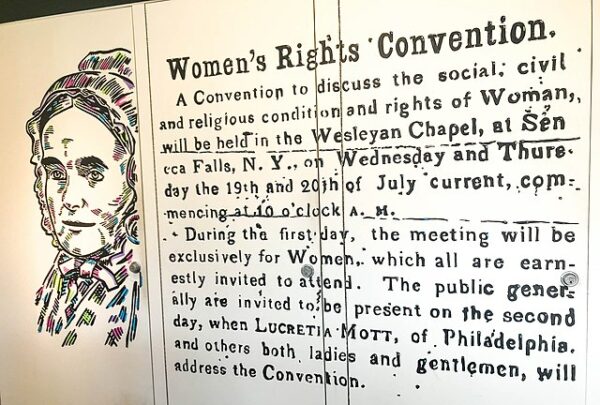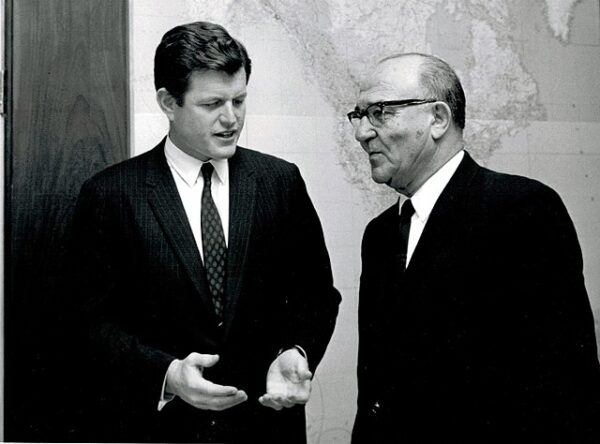On Aug. 10, 1962, in Marvel’s Amazing Fantasy #15, an American superhero came to life and changed comic books and, eventually, movies forever. Created by the collaborative team of writer Stan Lee and artist Steve Ditko, Spider-Man was an instant sensation with readers.
“Spider-Man was a radical departure from the established conventions of the comic-book superhero: he was a teenage character who was not relegated to sidekick status beside an older, more-experienced hero. In addition to enhanced speed and strength, Parker also possessed a precognitive “spider sense” that alerted him to approaching dangers. Using his inborn scientific talents, Parker synthesized a unique adhesive “web fluid” and built a pair of wrist-mounted web-shooters that enabled him to shape the webbing into various useful forms. He also designed and sewed the web-festooned red-and-blue costume that quickly became Spider-Man’s most visible trademark.
However, Marvel publisher Martin Goodman was not initially receptive to the idea of a teen hero taking center stage, nor did he want to accept Spider-Man’s neuroses, romantic deficiencies, and chronic concerns about money. Goodman also thought that the audience would be repelled by the character’s spider motif. Fortunately, Lee’s instincts prevailed. Spider-Man’s debut in Amazing Fantasy was an immediate and resounding success.
From the beginning, Spider-Man’s behavior deviated significantly from the prevailing superheroic norms. Instead of selflessly dedicating his superhuman gifts to crime fighting or the general betterment of humankind, the newly empowered Spider-Man cashes in on his talents by becoming a television celebrity. After his first performance before the cameras, he refuses to stop a robber from stealing the television station’s studio box-office receipts. Spider-Man’s world abruptly collapses a few days later when a burglar murders his uncle, Ben Parker, leaving Peter’s Aunt May—now his only surviving guardian—a widow. The grief-stricken Spider-Man tracks down Uncle Ben’s killer, only to make the horrible discovery that the murderer is the very same robber he had allowed to escape from the television studio, writes Brittanica.
Spider-Man’s origin story ends with one of the most famous lines in comic book history: With great power comes great responsibility.
The instant success of Spider-Man’s debut led to his swift integration into his own comic series, “The Amazing Spider-Man,” which premiered in 1963. Spider-Man’s popularity extended beyond comic books, permeating various forms of media, including television, movies, and merchandise. His enduring legacy is a testament to the character’s relatability, iconic design, and the unique way in which he redefined the superhero archetype by introducing a flawed yet endearing protagonist who grapples with both extraordinary powers and ordinary challenges.






